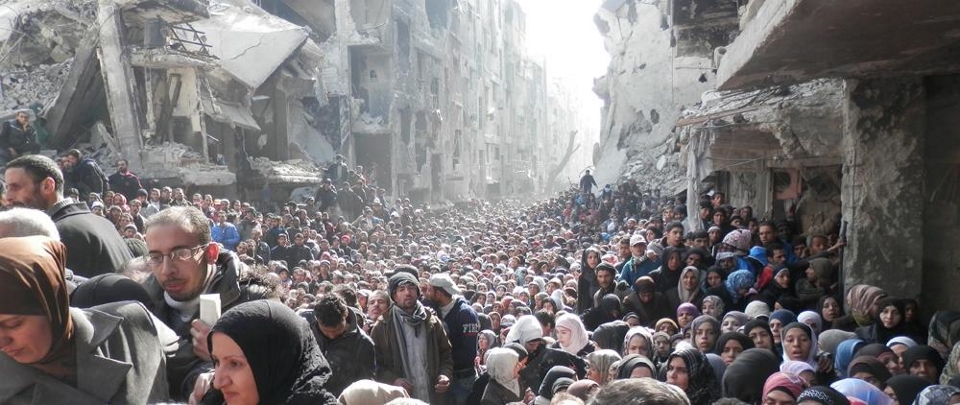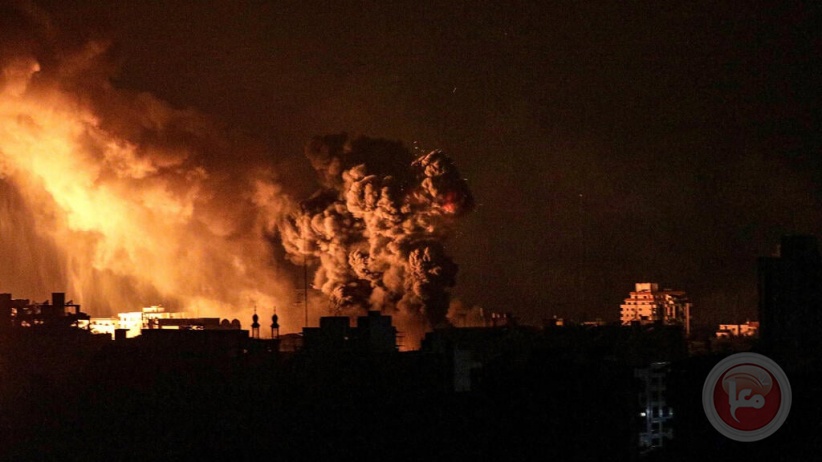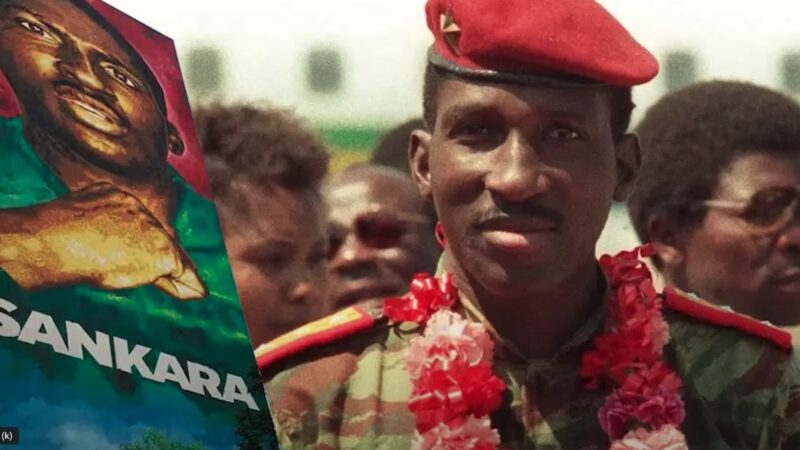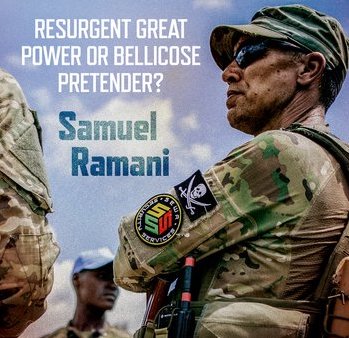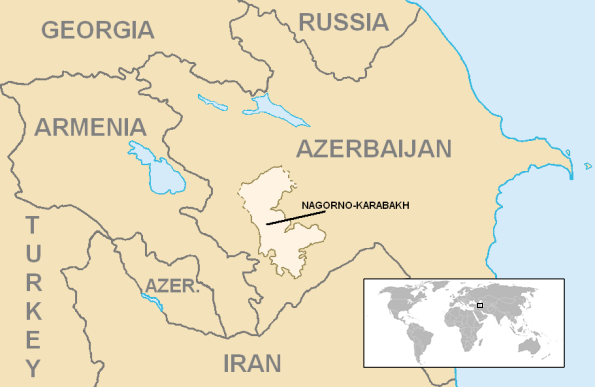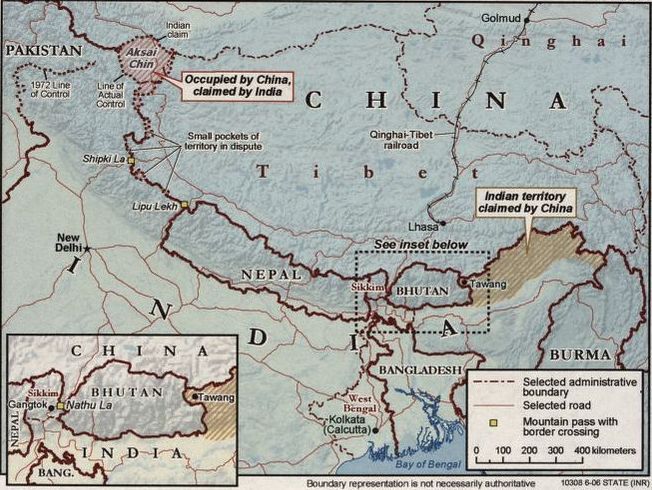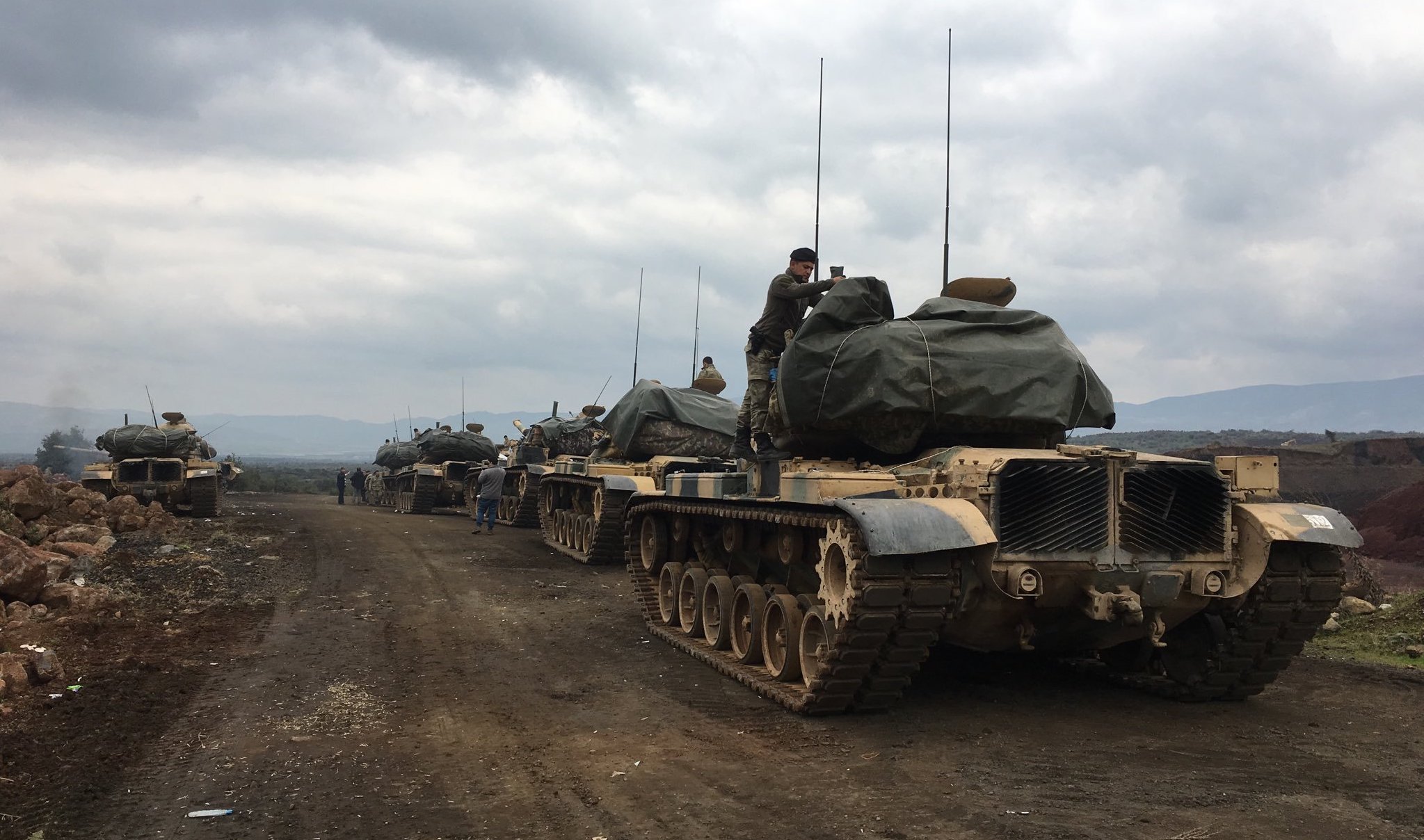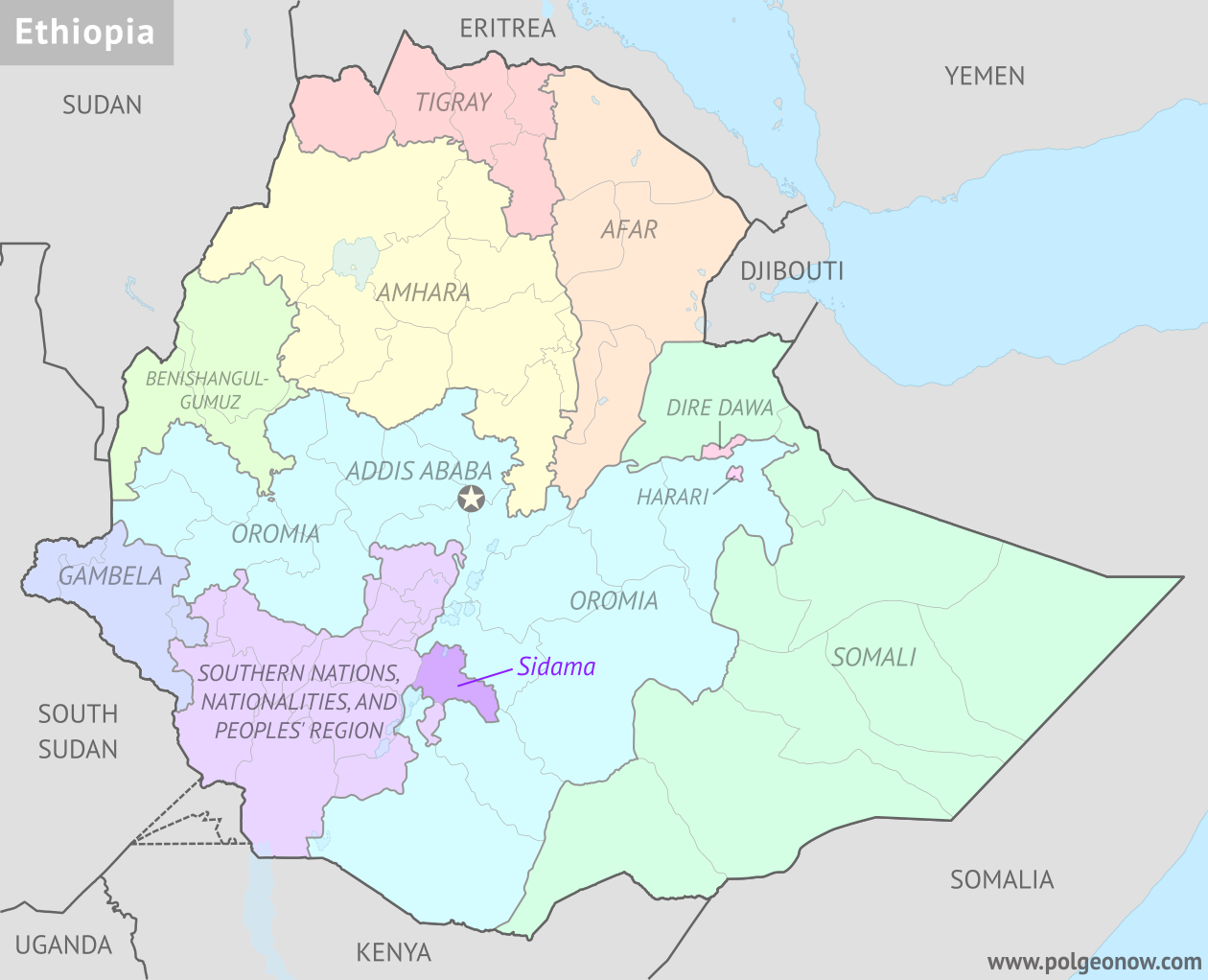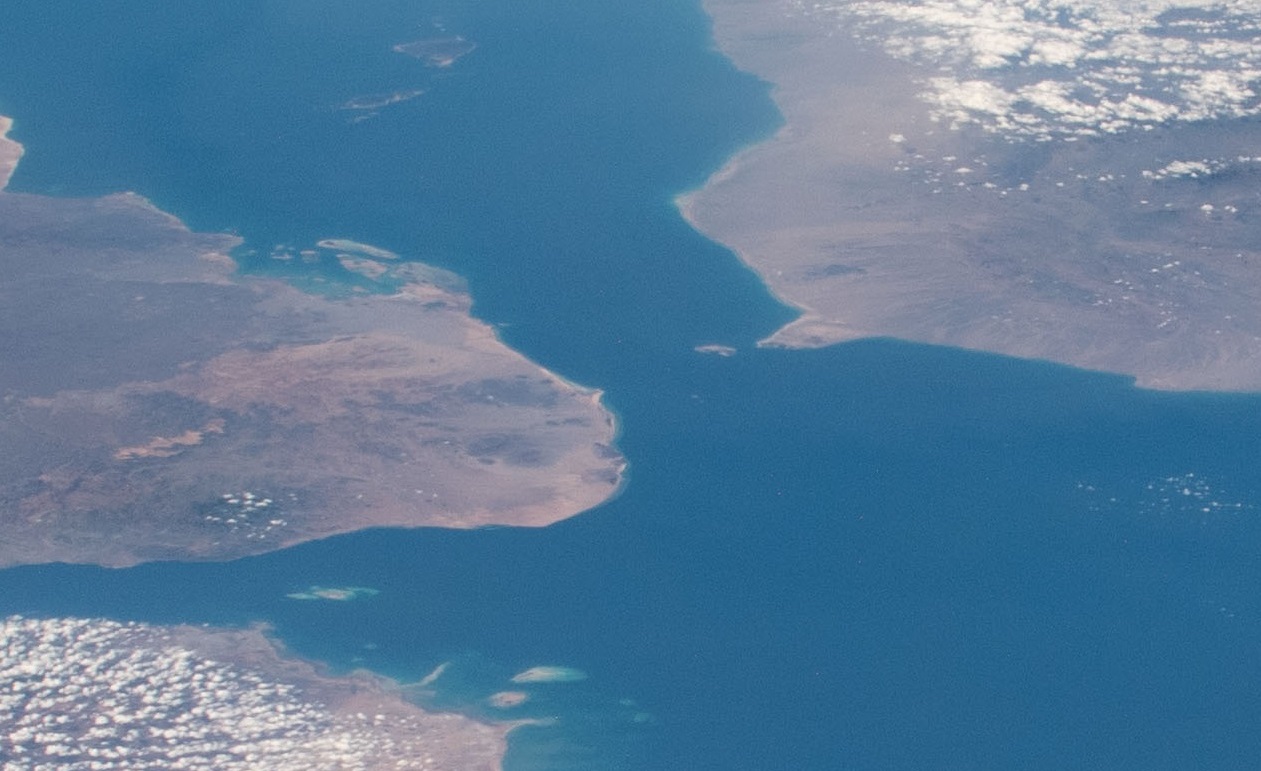
Houthis vow to continue attacks on Red Sea shipping
The leadership of Yemen’s Houthi armed movement issued a statement saying they would not halt their military operations in the Red Sea unless Israel stops its “genocide crimes” in Gaza and allows humanitarian aid to enter the Strip. The move comes despite the US announcement of a new naval coalition to counter the attacks. The Houthis, backed by Iran, have launched over a dozen attacks on commercial ships in the Red Sea since Israel’s bombardment of Gaza began in October. A range of drones and ballistic missiles have been deployed against vessels in the Bab al-Mandab Strait, or Gate of Tears, which separates the Horn of Africa from the Arabian Peninsula—a chokepoint for global trade. Shipping firms have already started to pull their vessels from the Red Sea route, opting for the much longer passage around Africa. The closing of the Red Sea to shipping has obvious implications for the price of oil and the ongoing worldwide food and energy crisis. (Image: NASA via Wikimedia Commons)




